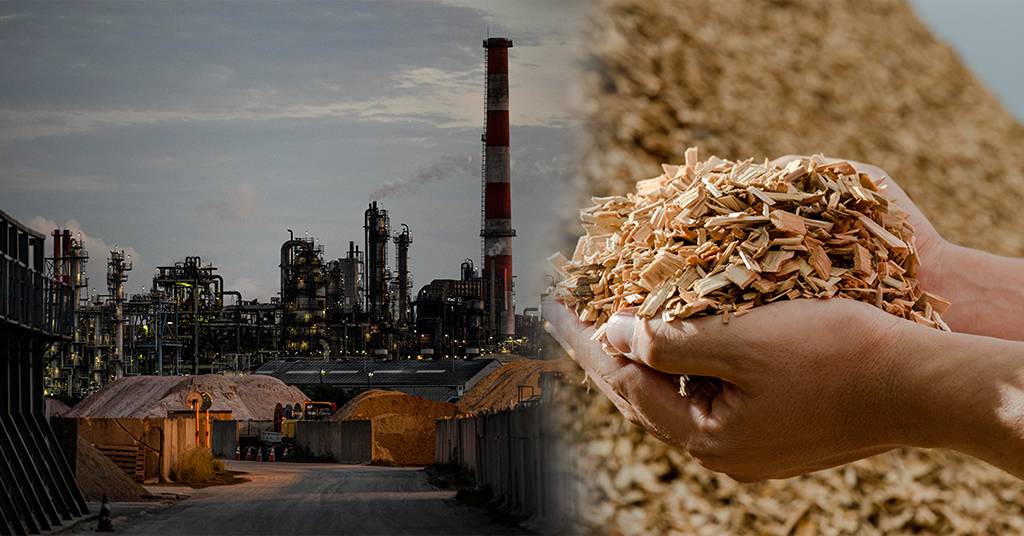Welcome To ChemAnalyst

The European Commission has unveiled an impact assessment outlining potential pathways toward achieving climate neutrality in the European Union by 2050. Central to this plan is a recommendation to slash annual net emissions by 90% from the 1990 level by 2040, a move that signifies the phasing out of coal.
Endorsing the guidance provided by the European Scientific Advisory Board on Climate Change (ESABCC), the Commission anticipates negotiations with the European Parliament and member states to enact policies aimed at eliminating net greenhouse gas emissions by 2050. The proposed 90% reduction target by 2040 aligns with the Fit-for-55 package's objective of a 55% reduction by 2030.
The Commission emphasized a significant shift in energy consumption, with the share of electricity doubling from 25% in 2030 to 50% in 2040. This transition will largely rely on solar, wind, and hydropower, alongside low-carbon technologies.
Poland stands to be notably impacted, given its heavy reliance on coal for electricity production, accounting for 70% of its energy mix. While Poland has tentatively set a 2049 deadline for coal phaseout, recent governmental pledges suggest a commitment to establishing a definitive date.
According to the Commission's announcement, coal usage is slated to be phased out by 2040, with fossil fuel consumption for energy projected to decrease by roughly 80% compared to 2021. The impact assessment indicates that coal's share in final electricity consumption will dwindle significantly by 2030 and vanish shortly after 2040, with any remaining portion attributable to power imports. The Commission further aims for carbon-free electricity production by the end of the next decade, followed by the complete decarbonization of the energy sector thereafter.
Key conditions for achieving the proposed target include ensuring the competitiveness of European industries, prioritizing a just transition that leaves no one behind, and engaging in strategic dialogues on the post-2030 framework, involving industry and the agricultural sector. Establishing a 2040 climate target is poised to guide European stakeholders in making decisions conducive to meeting the 2050 climate neutrality objective, offering vital signals for effective long-term investments and planning to mitigate the risks associated with stranded assets.
The European Green Deal is poised to evolve into an industrial decarbonization agreement, leveraging existing strengths in wind power, hydropower, and electrolysers, while bolstering domestic manufacturing capacity in burgeoning sectors like batteries, electric vehicles, heat pumps, solar power, carbon capture, utilization and storage (CCUS and CCS), biogas, biomethane, and the circular economy.
Additionally, the document underscores the necessity of carbon removal methods for generating negative emissions post-2050, emphasizing the critical roles of carbon pricing and access to finance in achieving emission reduction targets. The transition must uphold principles of fairness, solidarity, and social policies, ensuring that climate action benefits all members of society, particularly those who are most vulnerable or face significant challenges in adaptation.
We use cookies to deliver the best possible experience on our website. To learn more, visit our Privacy Policy. By continuing to use this site or by closing this box, you consent to our use of cookies. More info.
